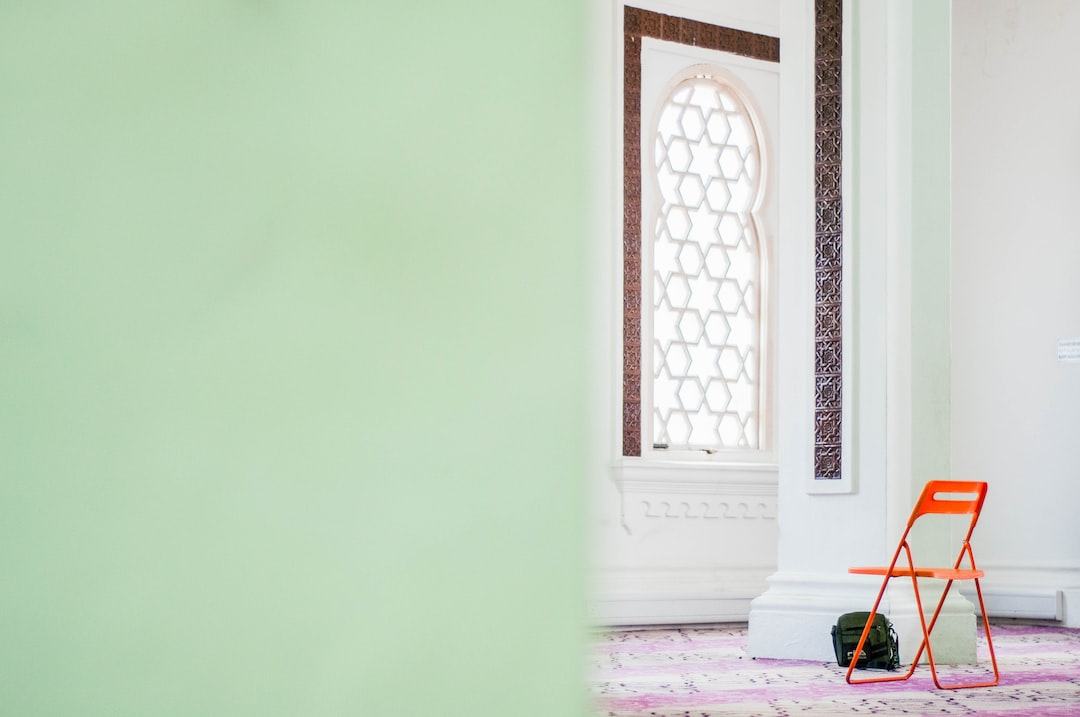The Impact of Religious Rituals on Individual and Communal Identity
Religion has always played a crucial role in shaping individuals and their sense of belonging to a community. It provides a set of beliefs, traditions, and values that guide people’s lives, and religious rituals are an integral part of this process. These rituals not only connect individuals to a higher power but also strengthen their sense of identity within the community they belong to. In this blog post, we will explore the impact of religious rituals on both individual and communal identity.
Individual Identity:
Religious rituals have a profound impact on an individual’s identity. Participating in these rituals offers a sense of belonging and validation of one’s beliefs. Whether it is attending weekly worship services, annual pilgrimages, or personal ceremonies, these rituals help individuals express their devotion and commitment to their faith. By actively engaging in these practices, individuals reaffirm their place within their religious community, which in turn strengthens their personal identity as a follower of that particular religion.
Moreover, religious rituals serve as a means of self-reflection and self-discovery. They provide individuals with an opportunity to connect with their inner selves and explore their spirituality. These rituals often involve quiet contemplation, prayer, and meditation, allowing individuals to delve deep into their beliefs and establish a personal connection with their religious teachings. This introspective aspect of rituals helps individuals shape their own unique understanding and interpretation of their faith, further strengthening their individual identity.
Communal Identity:
While religious rituals contribute to an individual’s sense of self, they also have a significant impact on the communal identity of religious groups. These rituals create an environment where individuals come together to celebrate their shared beliefs, traditions, and values. They foster a sense of unity and solidarity among community members, as they collectively participate in various religious practices.
Partaking in religious rituals not only reinforces the communal identity but also strengthens the social fabric of a religious group. These rituals often involve communal prayers, hymns, and rituals that are performed collectively. Through this collective participation, individuals experience a sense of belonging to a larger religious community, where they share the same spiritual journey and aspirations. This shared experience promotes a sense of connection and support among community members, leading to the formation of strong social bonds and a cohesive community identity.
In addition, religious rituals play a pivotal role in passing down cultural and religious values from one generation to another. They serve as a means of transmitting knowledge, traditions, and customs to younger members of the community. By participating in these rituals, children acquire a firsthand experience of their religious heritage, helping them forge a sense of identity and ensuring the continuity of their community’s cultural and religious practices.
Conclusion:
Religious rituals have a profound impact on both individual and communal identity. They provide individuals with a sense of belonging, self-discovery, and spiritual connection. Additionally, these rituals foster a strong communal identity, bringing individuals together and reinforcing social cohesion within religious communities. The impact of religious rituals is vast, shaping the worldviews, values, and behaviors of individuals and playing a significant role in maintaining the identity, traditions, and cohesion of religious communities.

